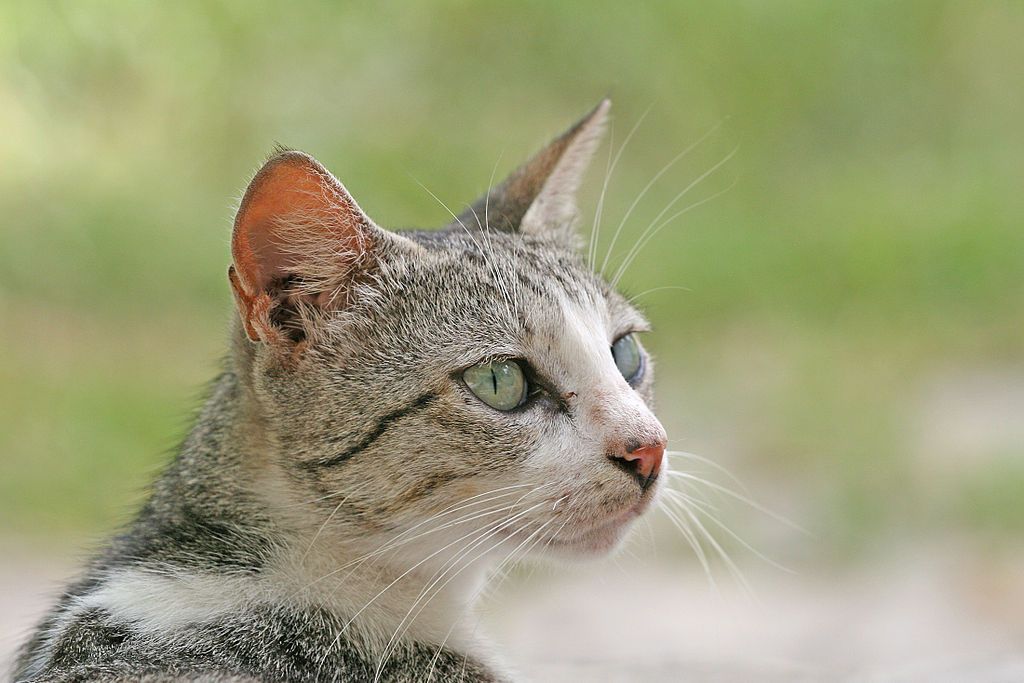13 January 2025
After hundreds of snow geese died in eastern Pennsylvania on New Years Day of suspected avian influenza, there has been more attention on H5N1 in PA. The current focus is on the danger to domestic poultry and how we can avoid catching it ourselves from live or dead birds. Here are three avian flu topics you may not have heard about.
Cats
Did you know that cats and dogs can catch H5N1 by contact with dead or sick birds or their droppings? If your cat or dog mouths or eats a bird with avian influenza, he can catch the virus.
Cats like to drink milk and on dairy farms they drink it before it’s pasteurized. That’s how we found out it’s possible to catch bird flu from raw milk. According to Your Local Epidemiologist, “Fifty percent of cats that drink raw milk died.”
Update on 17 January 2025: Veterinarians recently discovered that cats also can catch H5N1 from raw pet food and it is just as deadly as drinking infected raw milk — 50% die. Two brands have been recalled. See: Cat deaths linked to bird flu-contaminated raw pet food, sparking voluntary recall.
Cows
Farm cats gave us the clue that infected dairy cows express the virus in their milk. The fact that cows caught bird flu was a surprise itself. Pigs are the usual domestic mammal pathway but last year H5N1 jumped from poultry to cows and then mutated to spread cow-to-cow.
Cardinals … and backyard birds
The wild birds that catch H5N1 avian influenza are waterfowl (ducks, geese), shorebirds, wild poultry (turkeys, grouse) and the birds that eat them: raptors (hawks, eagles, falcons) and scavengers (crows, gulls, vultures). Backyard birds are not susceptible. Your Local Epidemiologist explains:
What about bird feeders? Birds that gather at feeders (like cardinals, sparrows, and bluebirds) do not typically carry H5N1. The USDA does not recommend removing backyard bird feeders for H5N1 prevention unless you also care for poultry. The less contact between wild birds and poultry (by removing sources of food, water, and shelter), the better.
— YLe: H5N1 Update – January 7
The PA Game Commission agrees that backyard birds are not susceptible and adds that we should always keep our feeders clean to stop the spread of disease.
Clean your feeders every couple of weeks. Wild Birds Unlimited tells you how at Bird Feeder Cleaning & Care, including a video.
And … “If you notice multiple sick or dead birds over a short period of time, you should strongly consider leaving feeders down and baths empty to not make any potential outbreak worse.”
For more practical information on H5N1 and other infectious diseases follow Your Local Epidemiologist on Substack.
(photos from Wikimedia Commons at these links: cat, cows, cardinal)



I had a hen Cardinal yesterday on the ground that wasn’t acting right and now tonight I have a male cardinal I can walk right up to. I don’t believe he flew into the window. I don’t know what else would be hitting them
It may be something they ate. As a precaution clean your feeders and make sure the feed is clean and dry. If they are eating fermented fruit it can make them drunk.